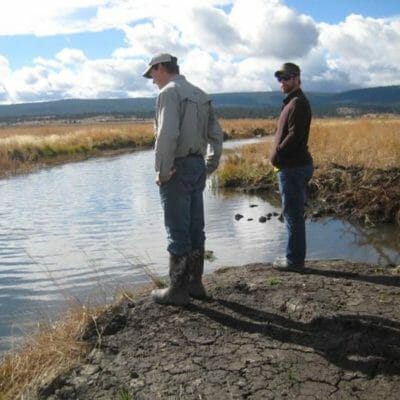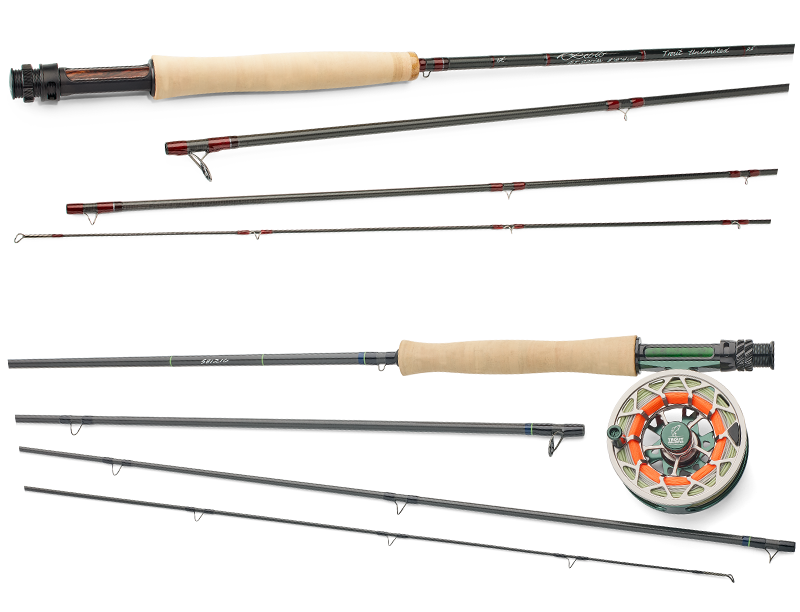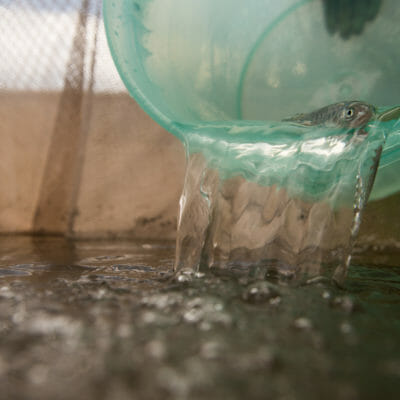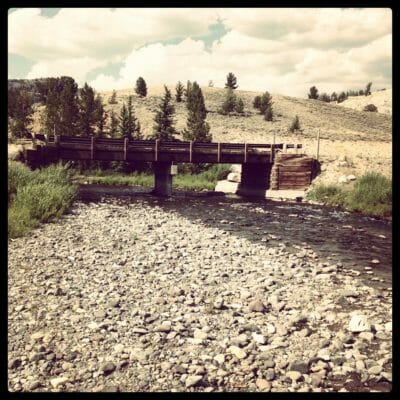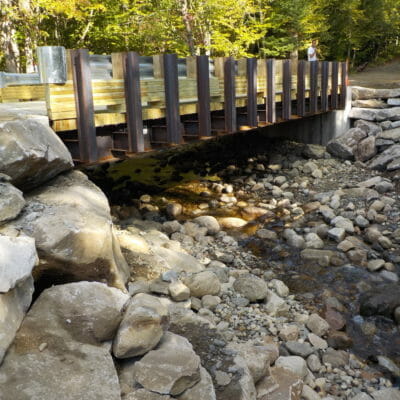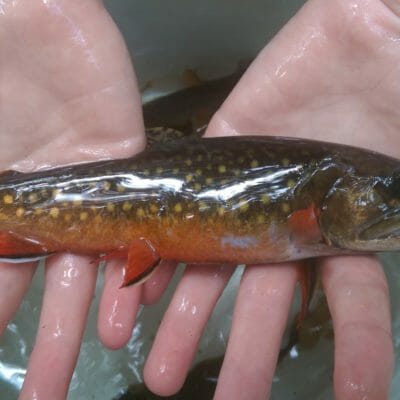The new confluence of Deming Creek and the South Fork Sprague River. By Chrysten Lambert Trout Unlimited, in partnership with the US Fish and Wildlife Service Parnter’s Program completed a substantial habitat reconnection project on the South Fork Sprague River, the headwaters of the iconic Klamath River. The project involved restoring the Deming Creek tributary…
“The nation behaves well if it treats the natural resources as assets which it must turn over to the next generation increased; and not impaired in value.”— President Teddy Roosevelt [STAND UP FOR CONSE RVATION FUNDING HERE] Land and water conservation are taking a direct hit in President Trumps proposed budget. In his message to…
TU calls on Congress to reject the worst natural resource cuts of President Trumps Budget Proposal “The nation behaves well if it treats the natural resources as assets which it must turn over to the next generation increased; and not impaired in value.” — President Teddy Roosevelt WASHINGTON, D.C. After reviewing President Trumps Fiscal Year…
By Walt Gasson Like any great company, Trout Scapes River Restoration, LLC is about great people. Brian Cowden is one of those great people. Brian comes to Trout Scapes after being the VP of Sales and Marketing for a Montana based river restoration firm. Prior to that role, Brian worked at Trout Unlimited where he…
by Chris Hunt | March 14, 2017 | Uncategorized
Every year about this time, I’m lured over Monida Pass into the Beaverhead drainage, and, inevitably, after a day or two of fishing, I go a bit farther. I’ll venture from there, up the Big Hole to the Bitterroot, or maybe even farther north to Rock Creek, where I tell myself a sqwala might make…
By Colin Lawson The New England Culvert Program had a very successful 2016 field season completing over 10 restoration projects across Massachusetts, New Hampshire, and Vermont. Our team of three full-time and eight seasonal staff reconnected more than 17 miles of u pstream brook trout habitat, assessed over 1,800 road stream crossings for AOP and…
By Dave Kinney In the summer of 2016, Trout Unlimited, in partnership with Audubon Pennsylvania and the Kittattiny Ridge Coalition, electroshocked 41 streams in Northampton, Carbon, Monroe, and Schuylkill counties. Survey teams led by TU scientists were hiking into small, forgotten waters searching for unknown populations of wild trout—and in one out of every three…
